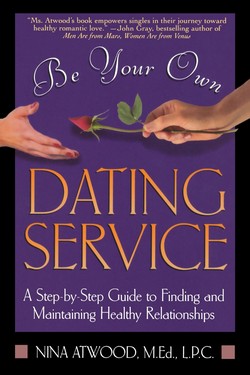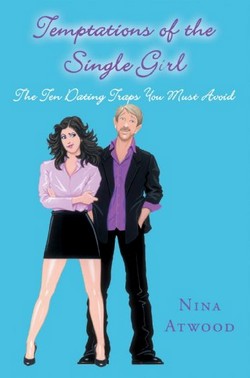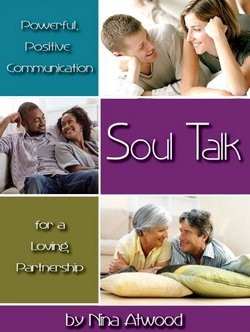Anti-Depressants: The Anti-Love Potion?
By Nina Atwood
Lily and Owen knew by the third date that they were meant to be together. Their relationship unfolded almost magically over two years – they were together constantly, laughing together, dreaming of their future. They got engaged and planned the perfect wedding, but shortly after their honeymoon, Lily fell into a depression. It had nothing to do with Owen. Lily had suffered from depression in the past and erroneously believed that falling in love had fixed all of that.
Lily, like many people who suffer from depression, needed bio-chemical correction, so her doctor prescribed Prozac. While her depression lifted, her marriage suffered. Lily’s romantic feelings for Owen disappeared, leaving him hurt and bewildered and their marriage on the rocks.
Do anti-depressants kill true love? One researcher says that one type of anti-depressant may do exactly that. Helen Fisher, highly regarded and long-term researcher in the field of sociology, has concluded that drugs such as Prozac, which affect serotonin and dopamine levels in the brain, may cause romantic feelings and attachment with a partner to wane.
Prozac, and other SSRI’s, elevate serotonin while suppressing dopamine. Dopamine, the “pleasure drug” of the brain, is a necessary part of love and romantic feelings when it comes to brain chemistry.
Think of these brain chemicals like gasoline for your car. Without gas, you won’t get anywhere. But even with gas, you must know where you’re going and navigate the vehicle. Real love is sustained by driving down the right path – treating each other with love and respect. But without the gas (right brain chemistry), you may find yourself stalled out.
The good news is that there are many alternatives for the treatment of depression, including diet and exercise. If you suffer from depression, taking the time to explore those alternatives may safeguard your relationship.
Entry Filed under: Dating





